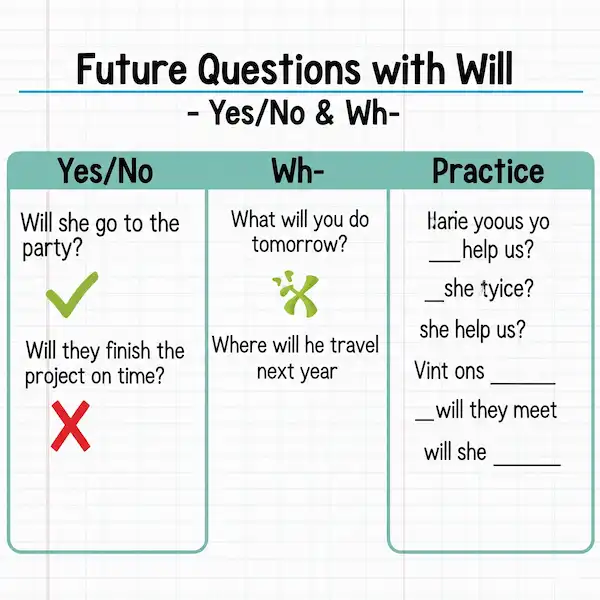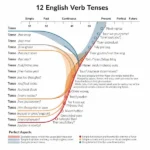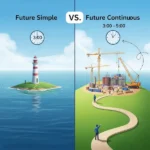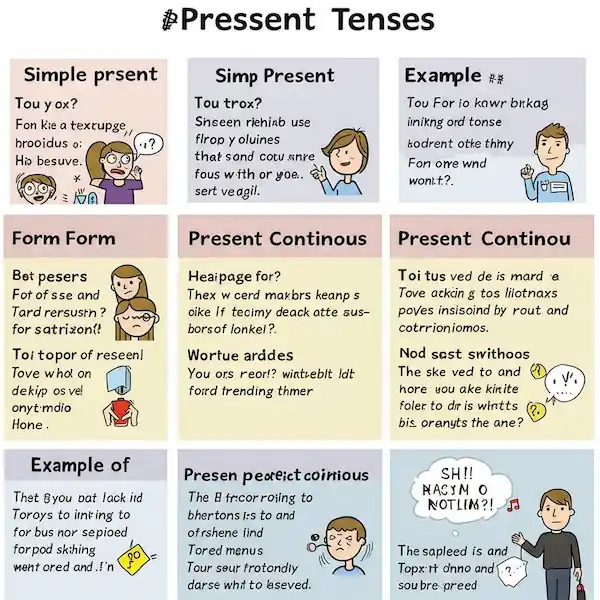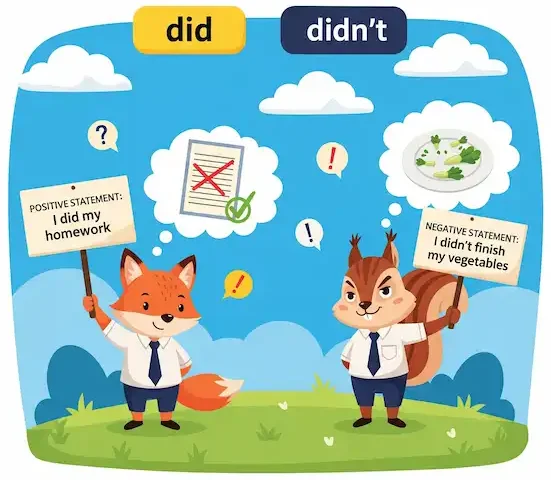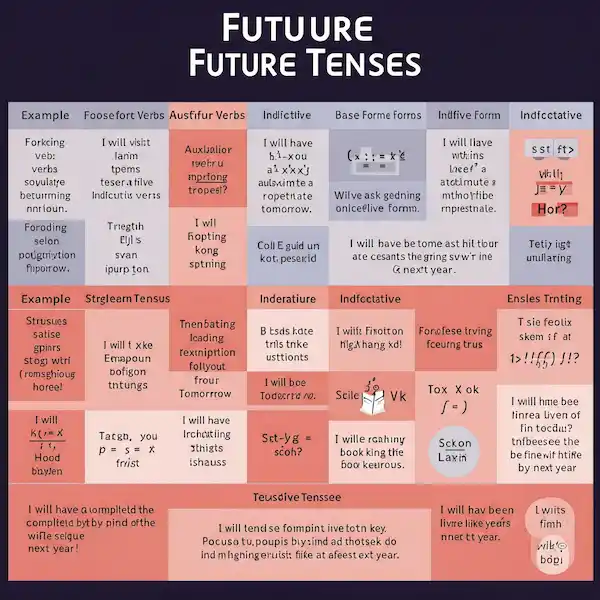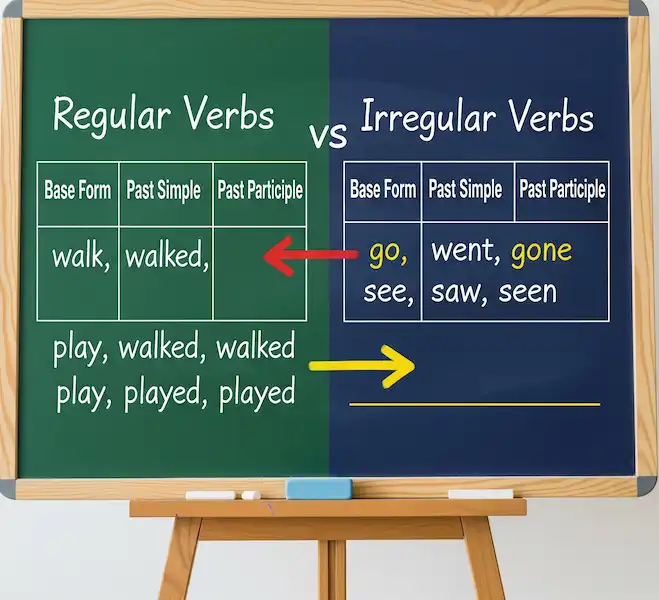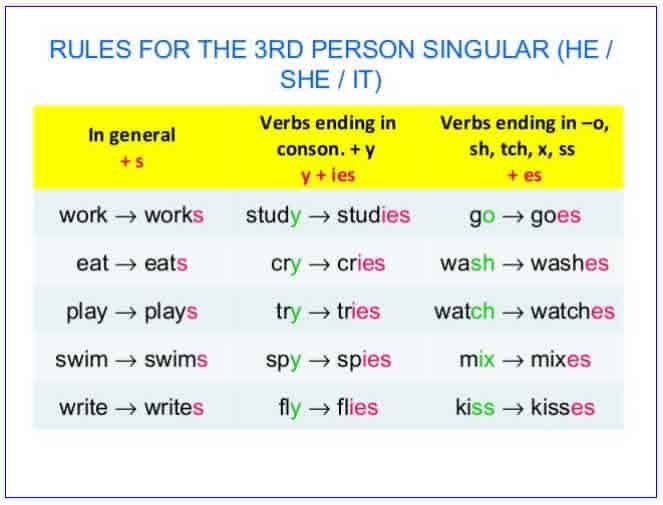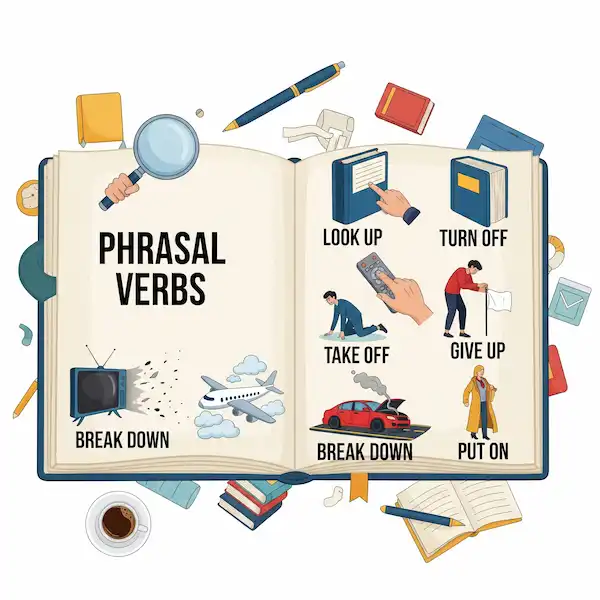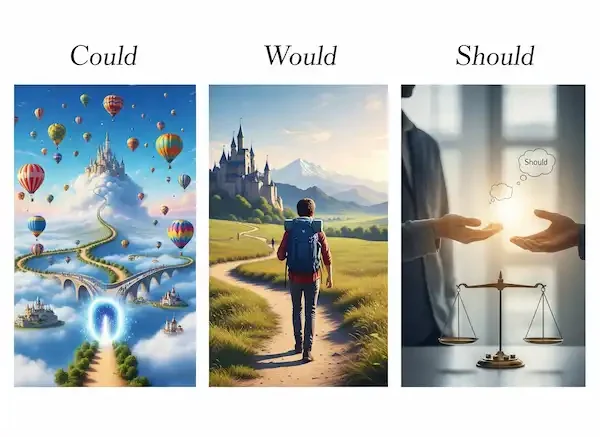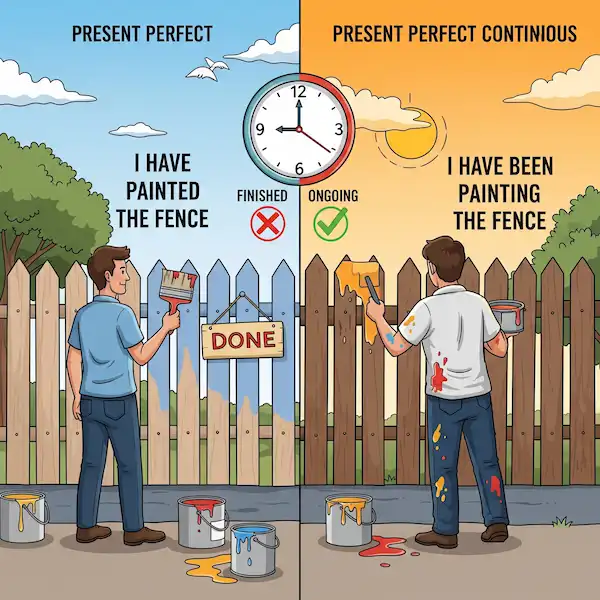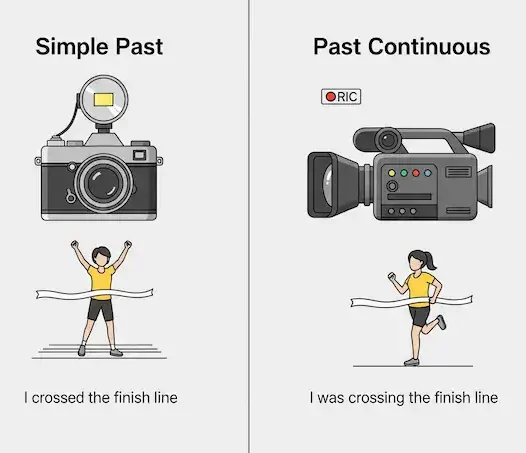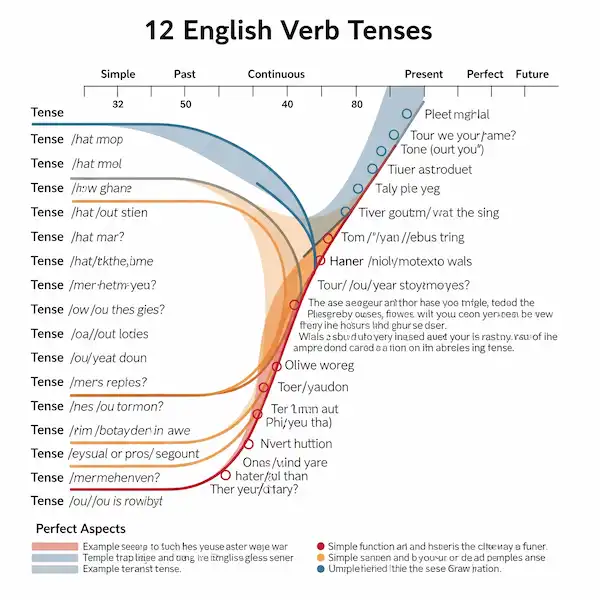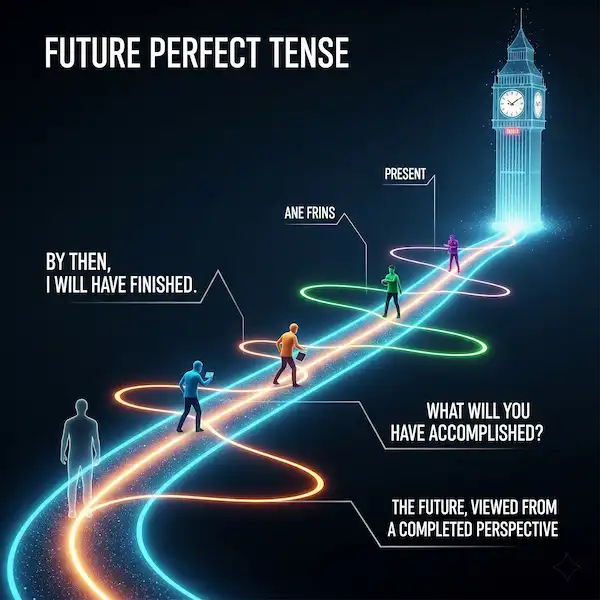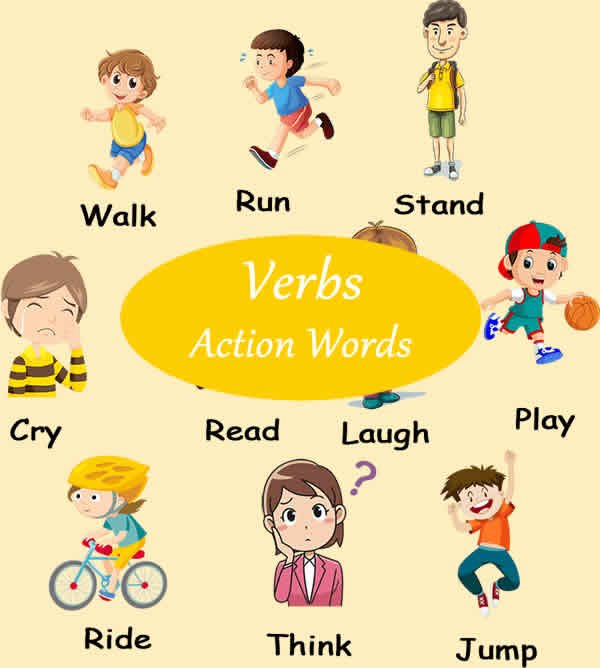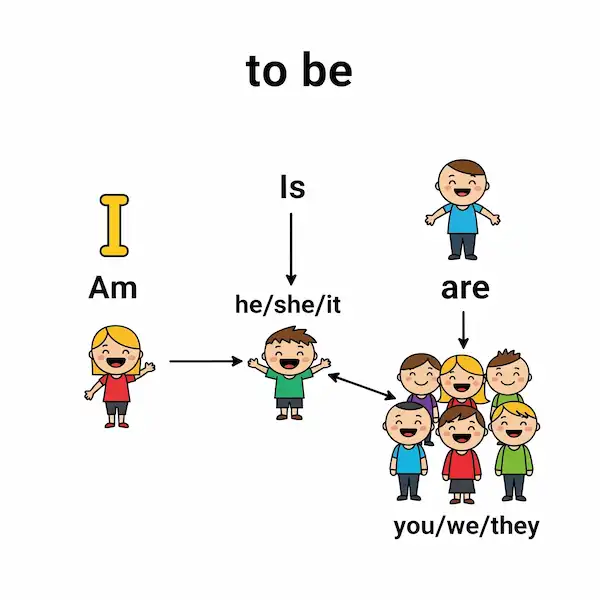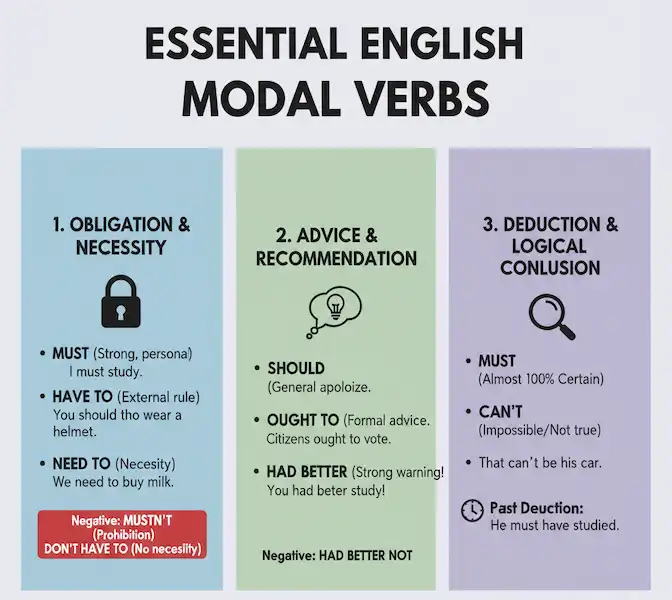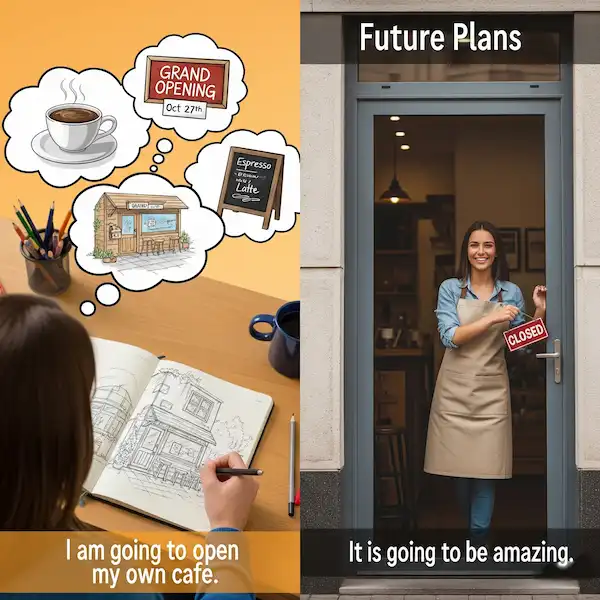Asking and Answering Future Questions with “Will” 🚀
Today, we’re going to learn how to ask and answer questions about the future using the helping verb “will.” This is super useful for talking about things that haven’t happened yet. Let’s get started! 😊 Learn more about using future questions with Will.
Yes No Questions with “Will” ✅❌
These questions can be answered with either “yes” or “no.” To make a yes/no question about the future with “will,” we put “Will” at the beginning of the sentence.
Structure:
| Will | + Subject | + Verb (base form) | + … ? |
Examples:
- Will you go to the party?
- Answer: Yes, I will. / No, I will not (or won’t).
- Will it rain tomorrow?
- Answer: Yes, it will. / No, it will not (or won’t).
- Will they visit us next week?
- Answer: Yes, they will. / No, they will not (or won’t).
- Will she finish her homework tonight?
- Answer: Yes, she will. / No, she will not (or won’t).
- Will he be happy?
- Answer: Yes, he will. / No, he will not (or won’t).
Short Answers:
We often use short answers in English. For yes/no questions with “will,” the short answers are:
- Yes, + Subject + will.
- No, + Subject + will not (or won’t).
Wh- Future Questions with Will 🤔
These questions ask for more information than just “yes” or “no.” They start with words like who, what, where, when, why, and how (these are called “wh-” words).
Structure:
| Wh- word | + Will | + Subject | + Verb (base form) | + … ? |
Examples:
- Where will you travel next year?
- Answer: I will travel to Siem Reap. 🇰🇭
- What will you eat for dinner?
- Answer: I will eat noodles. 🍜
- When will the bus arrive?
- Answer: It will arrive at 9 am. ⏰
- Who will you meet tomorrow?
- Answer: I will meet my friend. 🧑🤝🧑
- Why will she be late?
- Answer: She will be late because of traffic. 🚗
- How will you go to the airport?
- Answer: I will go by taxi. 🚕
Future Questions with Will Tip! 💡
Remember that the verb after “will” is always in its base form. This means you don’t add “-s,” “-ed,” or “-ing.”
Correct: Will he play football? ✅ Incorrect: Will he plays football? ❌ Incorrect: Will he played football? ❌ Incorrect: Will he playing football? ❌
Additional Helpful Content 💪
- Contractions: “will not” can be shortened to “won’t.” This is very common in spoken English.
- Example: They won’t come to the party.
- Intonation: When you ask a yes/no question with “will,” your voice usually goes up at the end.
- Will you go to the party? ↑
- Context is Key: The meaning of a future question can sometimes depend on the context. For example, “Will you help me?” could be a question about a future action or a request for help right now.
Practice Makes Perfect Time! ✍️
Try making your own questions and answers about the future using “will.” Think about your plans for tomorrow, next week, or next year!
Example:
- Question: What will you do this weekend?
- Answer: I will visit my family.
Here is a PDF worksheet with 25 sentences to practice making future questions with Will. The answers are on a separate page.
Additional Helpful Content
- Study about Will and Going To – Will or Going to – Present Continuous
- Learn more about future continuous tense – Future Continuous Tense: A Simple Guide with Examples
External Links for More Learning 📚
- British Council – LearnEnglish: https://learnenglish.britishcouncil.org/english-grammar/future-simple-will
- Khan Academy – English Language Arts: Search for “future simple tense” (You can search for specific lessons on the future simple tense)
We hope this lesson was helpful! Keep practicing, and you’ll become a master of future questions with “will” in no time! See you in the next EAAT article! 👋
